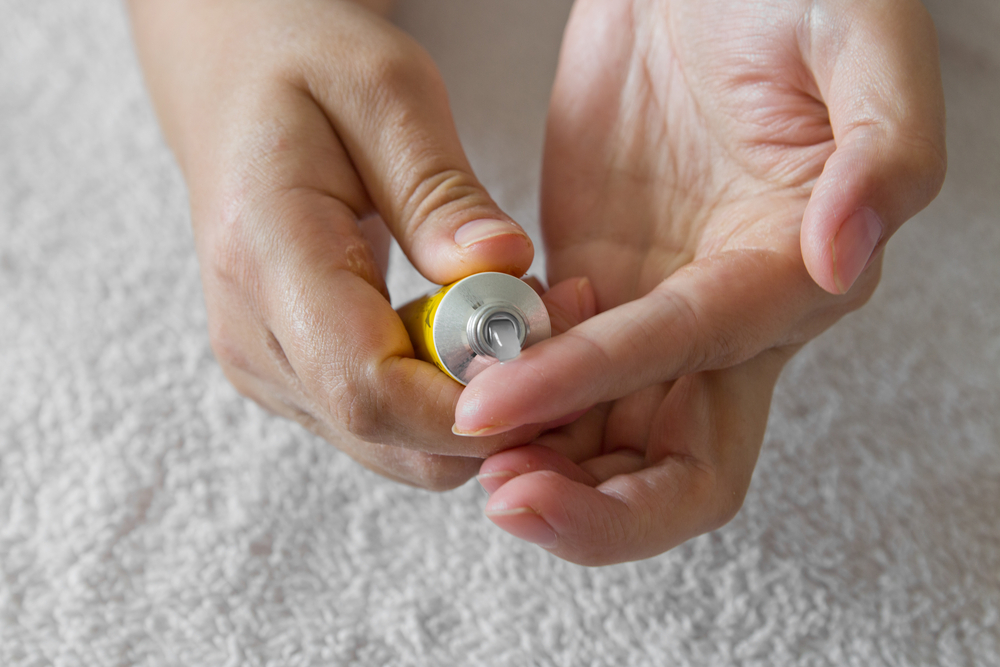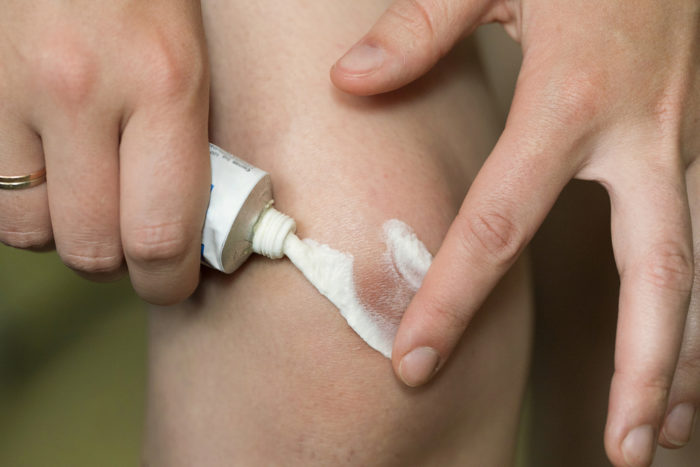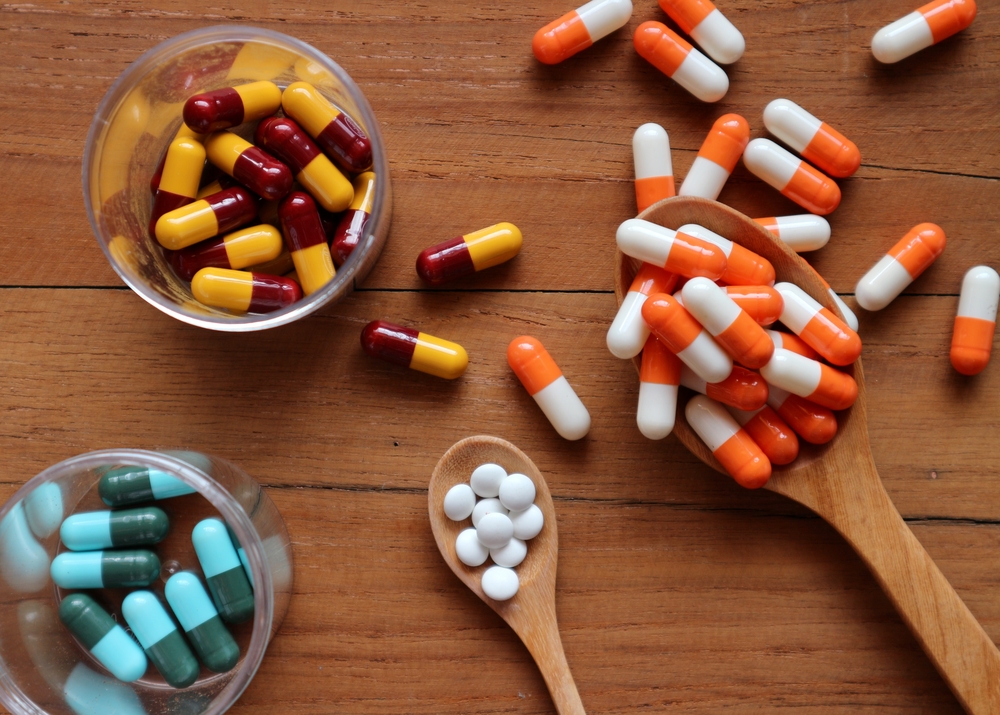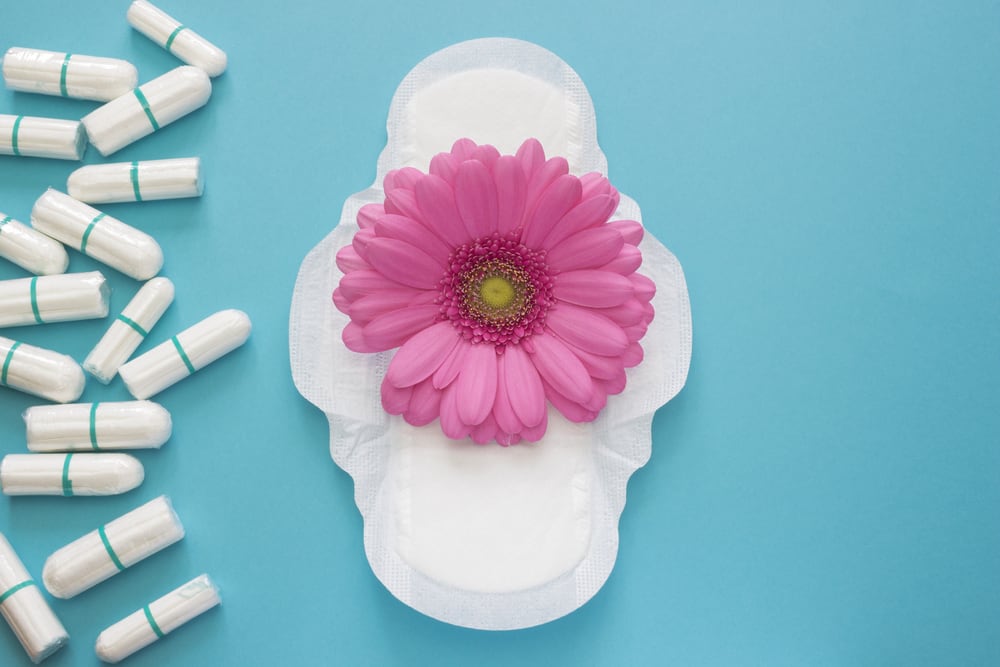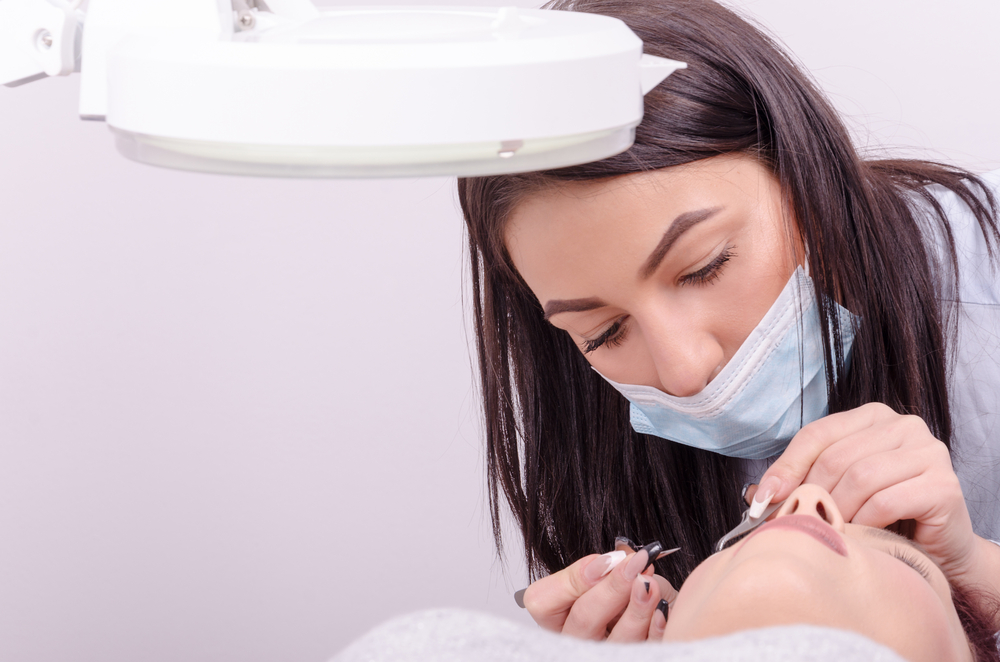Contents:
- Medical Video: huge infected boil removal in the kitchen....
- A powerful line of boils and available at pharmacies
- 1. Mupirocin
- 2. Gentamicin
- 3. Benzocaine
- 4. Clindamycin
- 5. Cephalexin
- 6. Paracetamol or ibuprofen
Medical Video: huge infected boil removal in the kitchen....
Boils are pus-filled lumps on the skin caused by bacterial infections Staphylococcus aureus. These lumps generally appear on the face, neck, armpits, buttocks and thighs. Actually, boils can be cured with warm water compresses to ease the pain. However, if this method is not effective, it is time for you to go to the pharmacy and buy the following boils.
A powerful line of boils and available at pharmacies
Basically, boils are not a serious and easily cured skin problem. Yes, you can treat boils with boils at the pharmacy. Usually, a pharmacist or doctor will prescribe antibiotics to relieve infection and prevent its spread.
Especially if the boil is on the face and causes fever, antibiotics are the right solution. Because the boil infection that is already severe and is not immediately cured is at risk of triggering complications.
Well, here are a variety of boils that can help speed up the healing process of inflamed lumps.
1. Mupirocin
Mupirocin (Bactroban®) is one of the antibiotic ointments that can be used as a boil medicine. This one ointment is often used to fight bacterial infectionsStaphylococcus aureus, bacteria that cause various skin problems such as impetigo, eczema, psoriasis, herpes, and so on.
Mupirocin works effectively by blocking the activity of the enzyme isoleusil-tRNA synthetase. This enzyme is used by bacteria to make proteins which then infect the human body. Without this enzyme, bacteria will die slowly so that the healing process of boils becomes faster.
In addition, mupirocin also contains polyethylene glycol which is easily absorbed by infected skin. However, be careful and use the ointment according to the doctor's instructions or what is printed on the packaging label.
Because the content of chemicals in the drug boils can affect the work of the kidneys if used excessively. Other side effects in the form of itchy and hot skin around the area of boils, swelling in the face or lips, headaches, to shortness of breath. So, make sure you follow the instructions, yes.
2. Gentamicin
Gentamicin is a broad spectrum antibiotic ointment that is effective in treating boils on the skin. This one boil ointment belongs to the class of aminoglycosides which effectively stops the growth of bacteria that cause ulcers.
Again, make sure you use this ointment in accordance with the rules of use. Because, misuse of drugs and not according to dosage can reduce the effectiveness of the drug. This also makes why ulcers never heal or even spread.
Before applying the ointment, wash your hands first until they are completely clean. After that, apply the ointment thinly to the lump 3-4 times a day. Use at the same time every day so that the results are more effective and speed up healing of boils.
3. Benzocaine
Benzocaine is an ointment-shaped drug that can help relieve pain from boils. Because the way the ointment works is similar to a local anesthetic that can reduce pain signals on the skin.
That's why just applying a little ointment can reduce your pain. So, just apply a little ointment to the surface of the boil in accordance with the recommendations from the doctor or printed on the packaging.
If used excessively, benzocaine ointment can cause side effects such as skin irritation, redness, swelling of the face or tongue, and rash. Do not hesitate to ask your doctor or pharmacist if you are still confused how much when using this ointment.
4. Clindamycin
Clindamycin (Cleocin®) is an oral drug that is usually used to treat serious infections, including pus-filled lumps due to boils. This boil medicine works by inhibiting the ability of bacteria to produce proteins, which are used to infect the body.
Because including antibiotic drugs, you should follow the drinking rules and continue until the prescription is used up. Stopping the use of drugs that are too fast, especially antibiotics, can make further bacteria develop and ultimately make ulcers never heal.
5. Cephalexin
Cephalexin is a type of oral antibiotic that is included in the class of cephalosporins. If used according to the rules of use, this one boil ointment is very effective in inhibiting the growth of bacteria causing ulcers.
Just like other types of antibiotics, cephalexin ointment also has side effects that you need to be aware of. Side effects can include diarrhea, nausea, vomiting, abdominal pain, headache, rash, and fever. So, make sure you really follow the rules of use from the doctor as well as those printed on the packaging.
6. Paracetamol or ibuprofen
If an ulcer infection has spread to deeper or wider tissue, you need certain anti-inflammatories such as paracetamol or ibuprofen. This drinking drug can help relieve pain due to inflamed pus-filled lumps.
However, if the boil continues to expand to more than 1 cm, has swollen lymph nodes, unbearable pain, or the boil is not flat and dry after being given the drug, you should immediately consult your doctor. The doctor may inject a local anesthetic to expel pus on the boil and prevent further infection that might occur.

